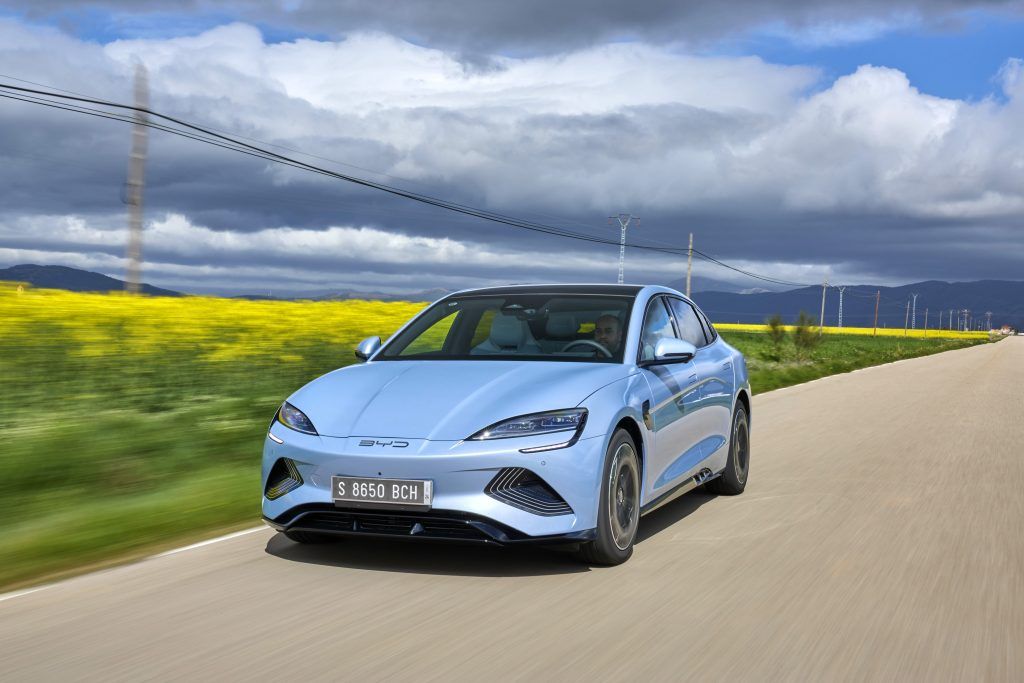Chinese automotive companies BYD and Geely have advanced in their respective internationalization processes, driven by sales of their electric cars.
According to the U.S.-China Economic and Security Review Commission (USCC), Chinese automakers hold only a small share of the electric vehicle market outside of China, but are investing heavily in expanding their presence overseas.
China’s most popular domestic EV brand, BYD, is now the world’s largest EV producer and is expanding rapidly overseas.
Between January and August 2023, BYD reported 117,500 overseas sales of new energy vehicles, accounting for 16% of China‘s total exports of such units during the same period.
Already BYD has doubled the 56,000 overseas vehicle sales it recorded for all of 2022, which were mainly exported to India, Thailand and Brazil.
The company expects to increase sales to 400,000 vehicles by 2024, aiming to leverage its low-cost electric vehicles to enter not only markets in developing economies but also increase sales to markets such as Japan and Europe.
At the same time, the company intends to ship 30,000 vehicles to Mexico by 2024.
BYD and Geely
China’s automakers are also looking to bring production closer to overseas markets.
Since 2016, BYD and Geely, the Chinese owner of Volvo and Polestar, have announced 14 and 15 greenfield projects outside of China, respectively.
The USCC further indicated that Chinese EV manufacturers have made limited entries into the U.S. market.
Aside from BYD’s success in manufacturing and selling electric buses in the United States, Chinese automakers have largely avoided the U.S. market due to high tariffs on passenger vehicles imported from China and the smaller size of the U.S. electric vehicle market relative to that in Europe.
Premium electric vehicle manufacturer Polestar plans to begin production in the United States at a new facility in South Carolina in 2024, which will be the Chinese-owned automaker’s first production facility located outside of China.

